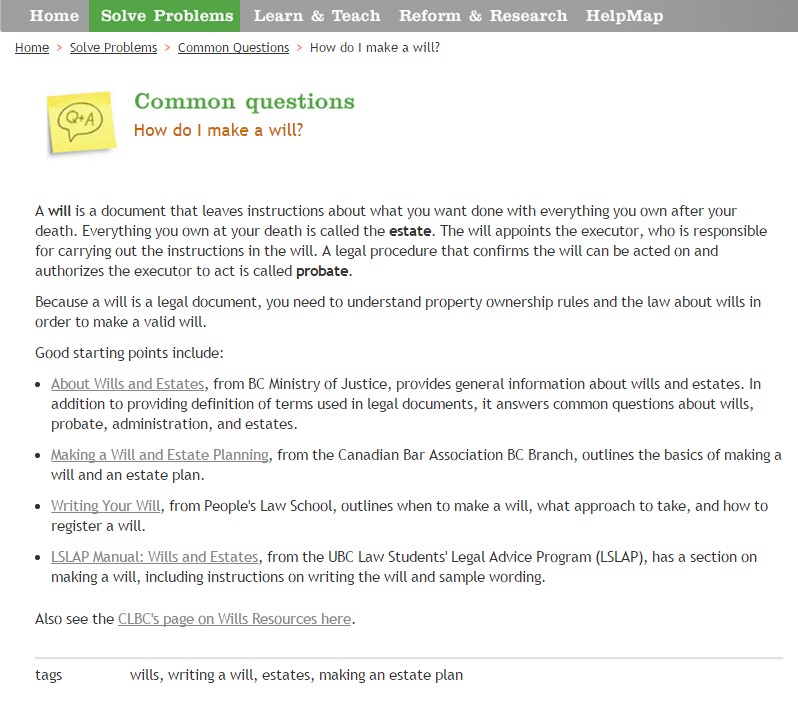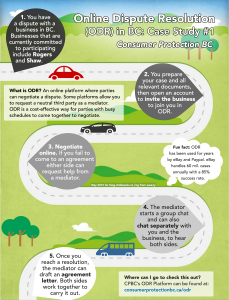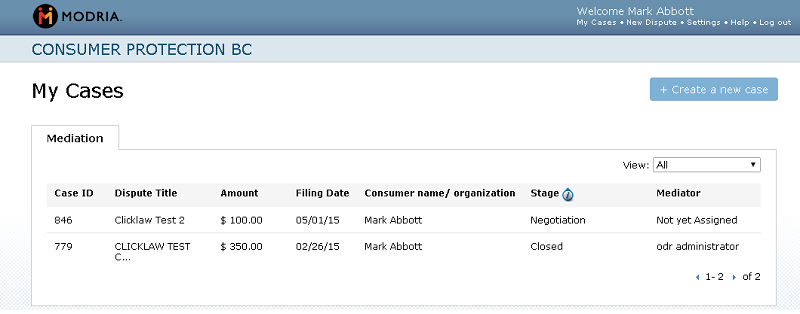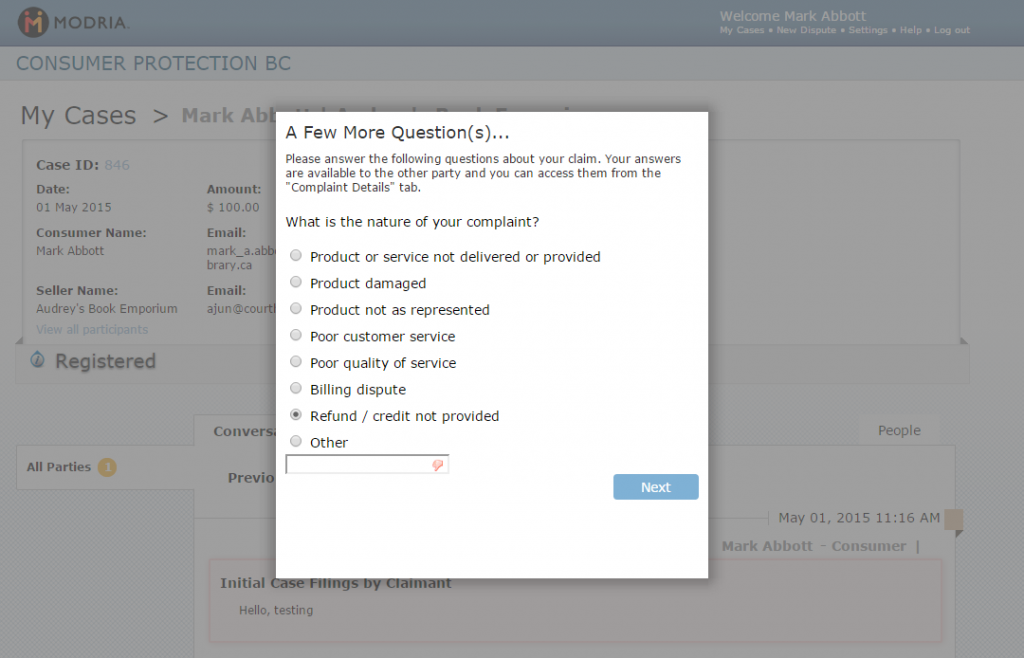Common Questions 2015 Update
What are Common Questions (CQs)? Clicklaw links to so many great resources, which can make it difficult to decide which one to read first. Clicklaw’s Common Questions are like an extended legal FAQ. They help narrow down the resources people should start with. Most of our 147 questions have been reviewed and updated in the past two months.
An example of a Common Question:

CQs make up 40% of the top 10 viewed pages on Clicklaw:
- I’m applying for probate; where can I find the forms required?
- I have to go on welfare. What do I need to know before I apply?
- I am the executor of my mother’s will and am doing the work myself
- I want to find out about getting BC disability benefits
Some new questions that have been added are:
- I’m doing my own legal research as a self-represented litigant
- What are some of the important changes to the law on getting and keeping Canadian citizenship?
- How can I appeal my conviction or sentence in a criminal case?
A question to keep your eye on: We’ve started a non-profit group and we want it to become a society
Do you have an idea for a good CQ? Are you having trouble finding the right resources for your legal problem or question? Do you get asked the same questions over and over again by your clients? Send your suggestions to: editor[@]clicklaw.bc.ca






